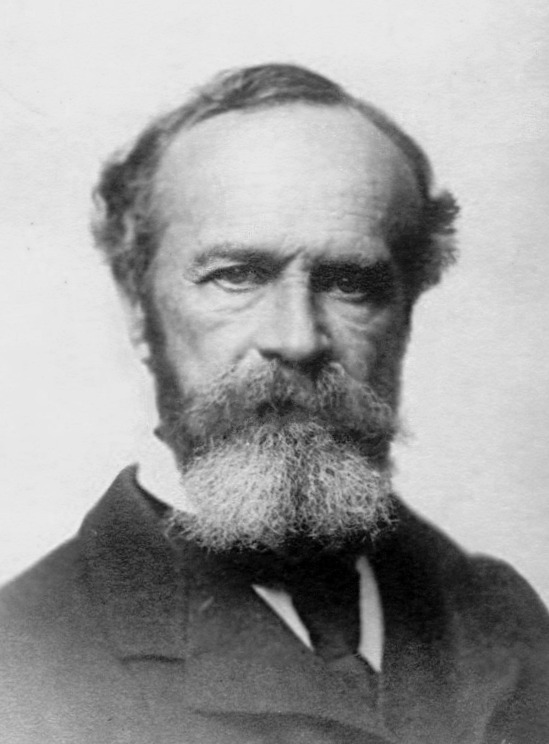William James, was a talented European psychologist and philosopher, and so far, I am appreciative of some of his thoughts, quotes, and musings.
Here are some of my favorite:
Act as if what you do makes a difference. It does.
Compared to what we ought to be, we are half awake.
Seek out that particular mental attribute which makes you feel most deeply and vitally alive, along with which comes the inner voice which says, "This is the real me," and when you have found that attitude, follow it.
Every man who possibly can should force himself to a holiday of a full month in a year, whether he feels like taking it or not.
If you care enough for a result, you will most certainly attain it.
Act the part and you will become the part.
Pessimism leads to weakness, optimism to power.
Man can alter his life by altering his thinking.
If you believe that feeling bad or worrying long enough will change a past or future event, then you are residing on another planet with a different reality system.
When you have to make a choice and don't make it, that is in itself a choice.
It is our attitude at the beginning of a difficult undertaking which, more than anything else, will determine its successful outcome.
Where quality is the thing sought after, the thing of supreme quality is cheap, whatever the price one has to pay for it.
It is as important to cultivate your silence power as your word power.
To change ones life: Start immediately. Do it flamboyantly.
There is no worse lie than a truth misunderstood by those who hear it.
The greatest use of life is to spend it for something that will outlast it.
Pragmatism unstiffens all our theories, limbers them up and sets each one at work.
One can see James has some powerful and insightful thoughts. One of his primary concepts and philosophies (life perspectives) I respect and value is: the only meaning and value that a thought has to an individual, is the final outcome or consequential action the thought produces. The value and the meaning of a thought is how it will direct our actions. As he believes, beliefs are essentially rules for action. What is so valuable about this notion is that it deconstructs life down to the beliefs one has, and what those beliefs will consequently produce in one's life. It empowers the 'philosopher' or plain ole' human being, with the ability to properly analyze his beliefs and the effects they have on his life, and thereby, others' lives. Evaluation of a belief, belief system, ideal, idea, or thought on the basis of it's practical outcome and results is of course, pragmatic, but it's above all, simple. I suppose one could argue that pragmatism is simple, however the point is: it is a very useful concept.
One can then ask himself,
- How does this belief affect my results?
- How does this thought affect my actions?
- What are the effects of this belief in my everyday life?
- Does this belief increase my positivity, productivity, growth, and empowerment, or does it hinder me?
Then one could move on to, why does this belief affect my actions? What effects does this belief produce, and why? In this way, James' pragmatism is valuable. It is a great way to weigh beliefs that come before you in life. It is method worth using when determining which beliefs, concepts and thoughts should be whirling around one's head. And above all, it impels one to think.
I'll be reading some of his, "Pragmatism," on google books, I may update with further thoughts.
